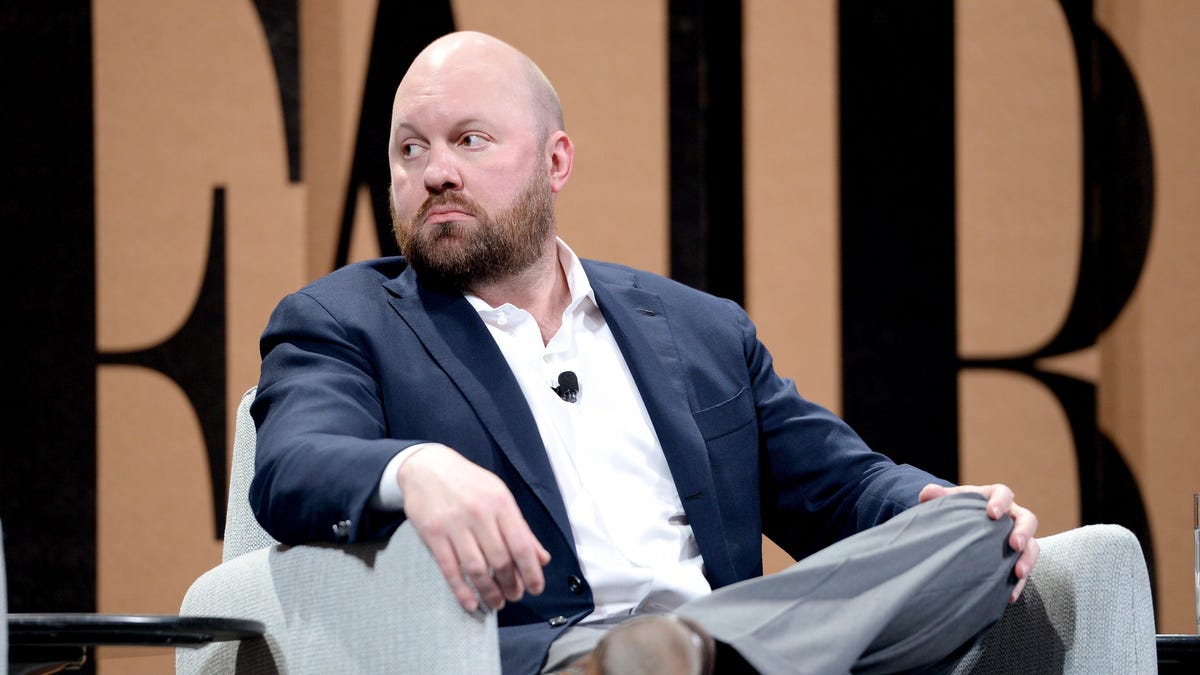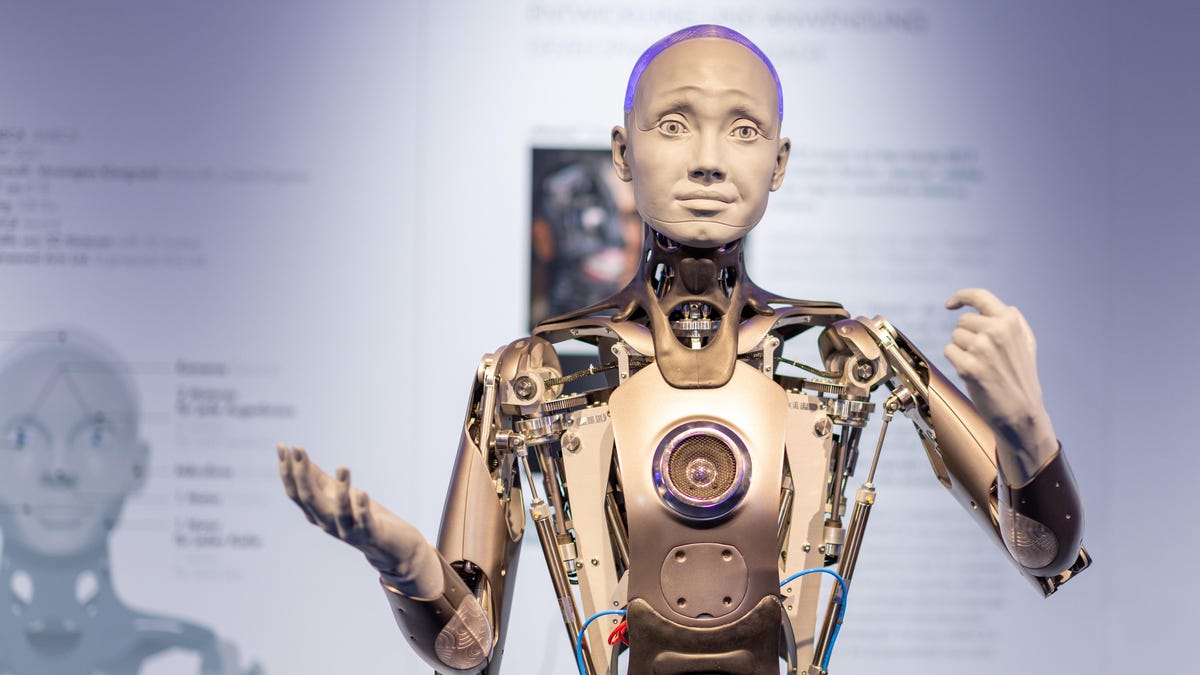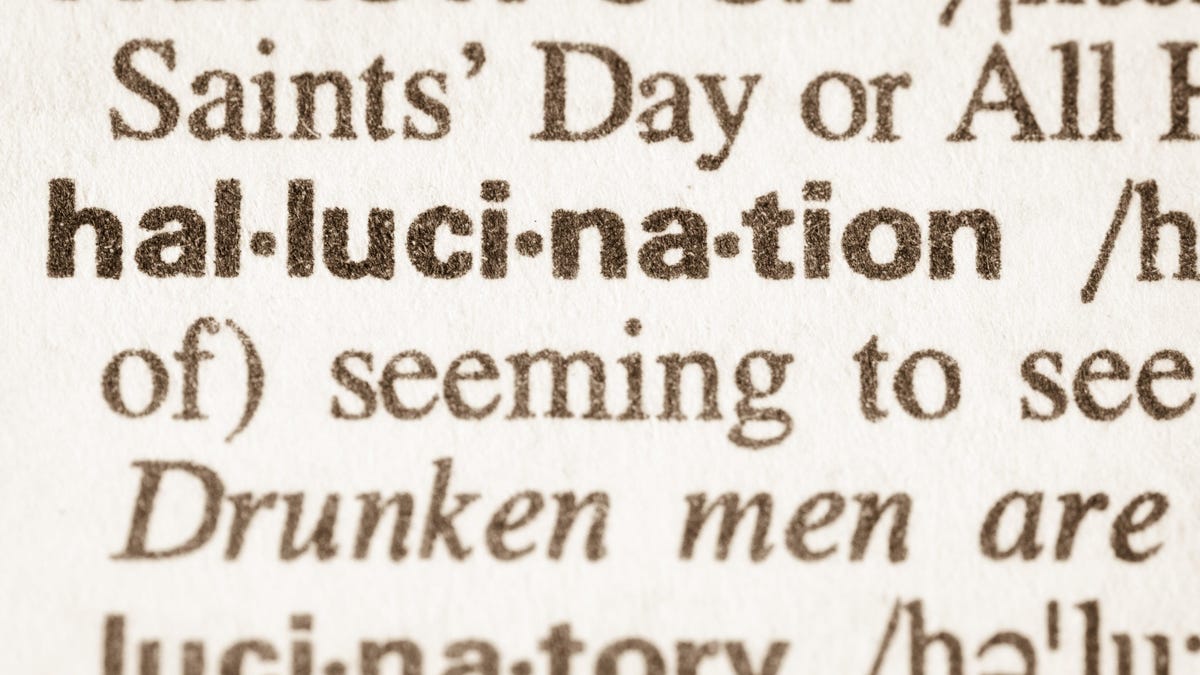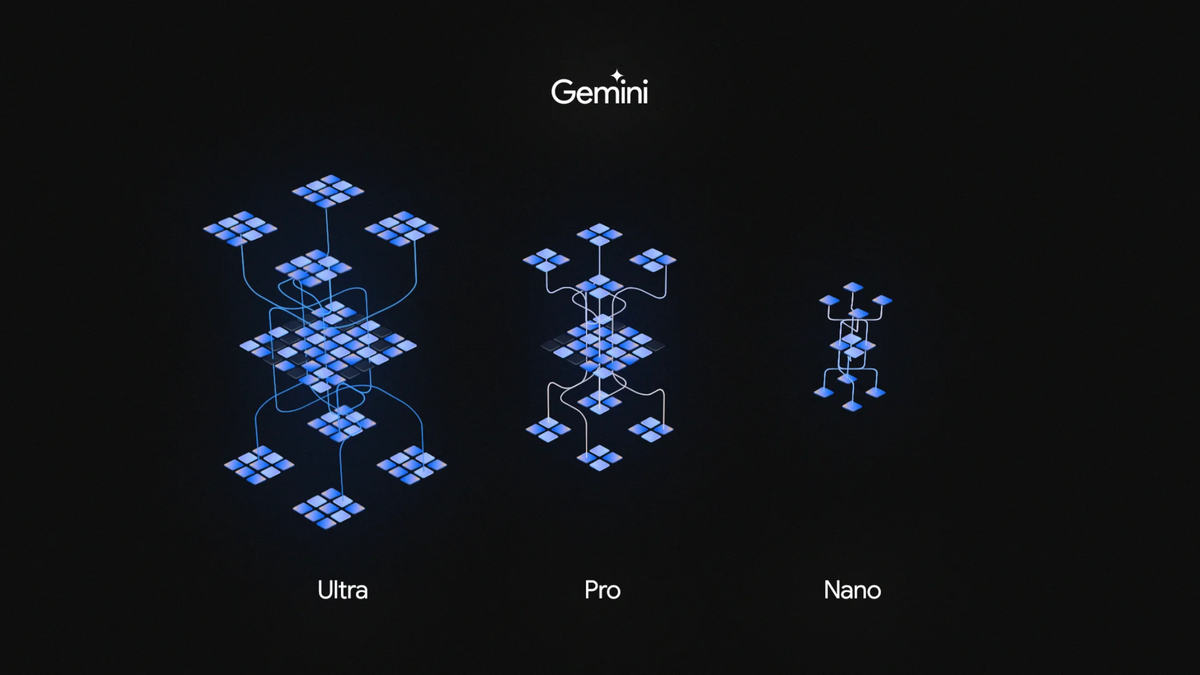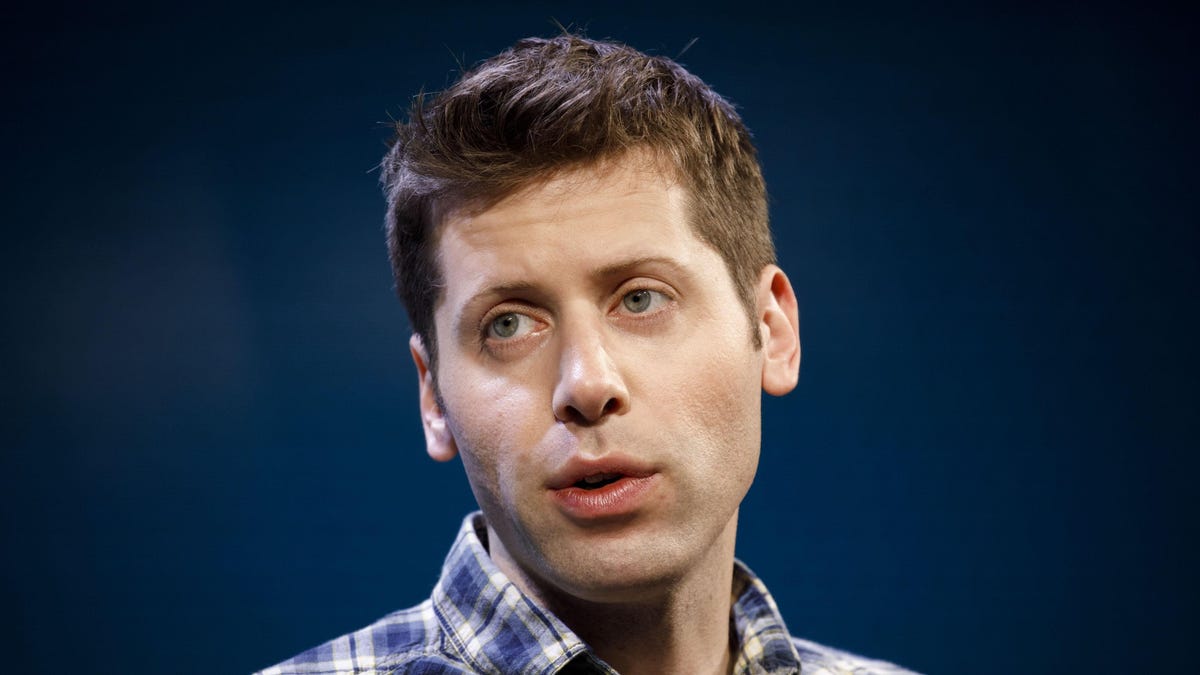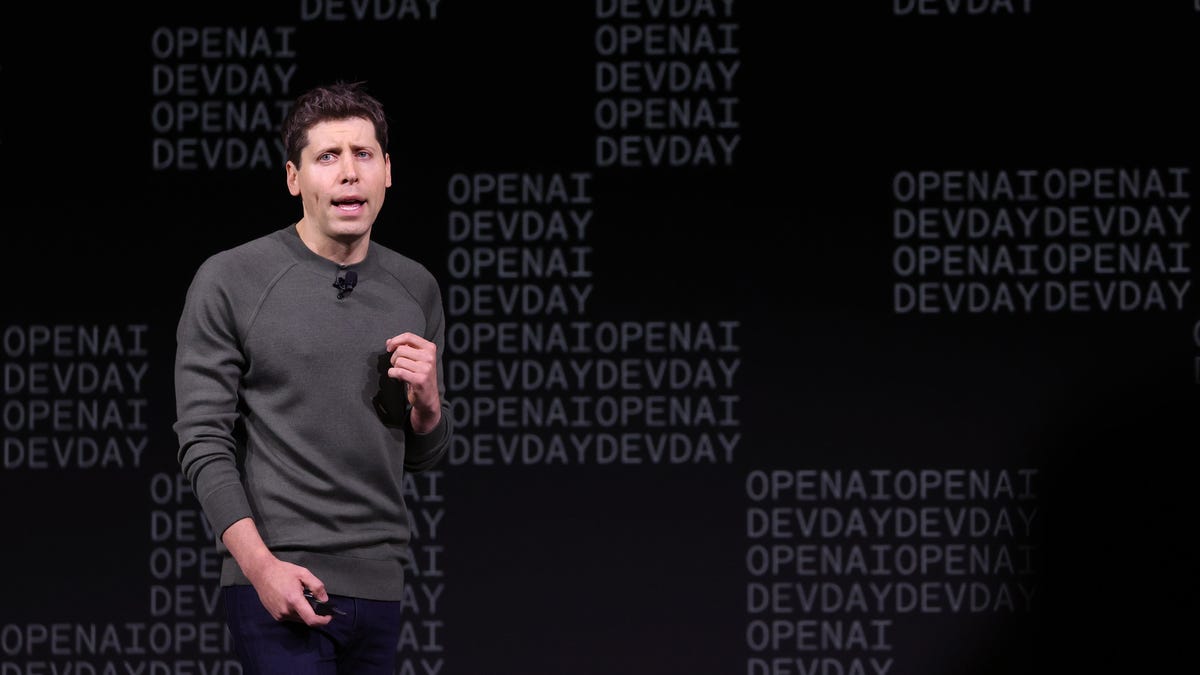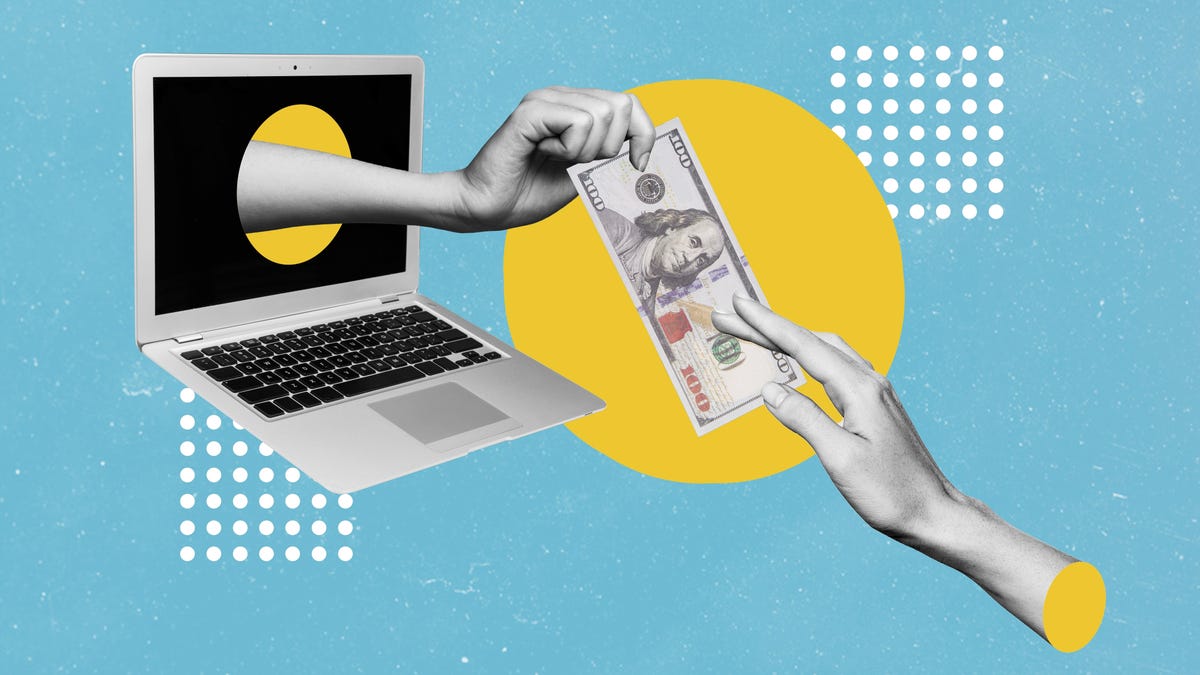It may come as something of a surprise but Marc Andreessen—co-founder of mega-venture capital firm Andreessen Horowitz and longtime rich guy—is pretty worried about the creator economy.
To be clear, he’s not worried about “creatives,” aka artists—that rare breed of person that decides to toil away in low-paid industries for years in the hopes of one day translating their hard work, talent, and creative inspiration into something others care about. No, no. Andreessen is worried about the creators of “generative” AI software models—the soulless programs that suck up huge amounts of content from the internet (including lots of creative works by the aforementioned artists) and convert it into algorithmically generated crap that people like Andreessen can monetize.
Yeah, Marc’s real worried about those folks.
The reason he seems to be concerned about this otherwise ascendant demographic is that the US Copyright Office is currently considering new regulations related to AI developers’ indiscriminate use of copyrighted material to train their models and is accepting public comments on the issue.
On Tuesday, the Federal Trade Commission submitted some relatively mild opinions about the need to potentially respect existing copyright law as it applies to these burgeoning language models. Since the FTC’s mission is to protect consumers, it’s arguing that the use of AI as it pertains to creative industries could be “impacting open and fair competition.” More specifically, the agency said it was concerned with “questions surrounding liability issues arising from the development or deployment of generative AI” and that it was investigating whether “liability principles [should] apply to harm caused by AI tools trained on creative work that are used to generate new content.”
What the FTC seems to be getting at here is that maybe it’s not exactly fair for tech companies to use incredibly powerful algorithms to hoover up every piece of visual art or writing ever published, then turn around and exploit that content to create a product meant to compete with and, in some cases, replace, the people who originally created those works?
While the big players in AI like OpenAI and Google are busy schmoozing world leaders and using lobbyists to work the refs, Andreessen Horowitz is taking to the comments to defend wealthy investors over the unwashed masses of the creative class.
In its own comment to the US Copyright Office, Andreessen Horowitz shared its opinions on the matter, Insider reports. “The bottom line is this,” the ridiculously wealthy firm wrote. “Imposing the cost of actual or potential copyright liability on the creators of AI models will either kill or significantly hamper their development.” The firm went on to argue that the only reasonable way to train AI was using “something approaching the entire corpus of the written word” and “an enormous cross-section of all of the publicly available information ever published on the internet.”
In other words, according to a company run by boring, money-obsessed people who seem bereft of any artistic inclinations whatsoever, you just can’t expect AI companies to go around paying artistic people for their work. That’d be silly, because it would get in the way of using those people’s work to create software programs designed to make similar (albeit worse) content for free.
In its Copyright Office comment, Andreessen Horowitz also made the somewhat unhinged argument that America simply won’t be able to defend itself if the government doesn’t sell out every author, painter, comedian, and filmmaker to a small coterie of tech companies and the moneymen backing them (i.e., Andreessen Horowitz). The company claimed that undermining AI could jeopardize not only U.S. “economic competitiveness” but also “national security.” Translation: not allowing us to get rich off the backs of artists could mean we lose a war with China.
None of this should be particularly surprising. Andreessen Horowitz is interested in making money and you just can’t make as much money if you’re not given free reign to indiscriminately pillage the intellectual property of others! Furthermore, Andreessen (the man) recently laid bare the inner workings of his techno-libertarian wet dream with a weird screed he’s dubbed the “Techno Optimist’s Manifesto.” The manifesto, among other things, extols the sacrosanct value of “technology” and “markets” and all but declares the regulatory state to be an enemy of the people.


